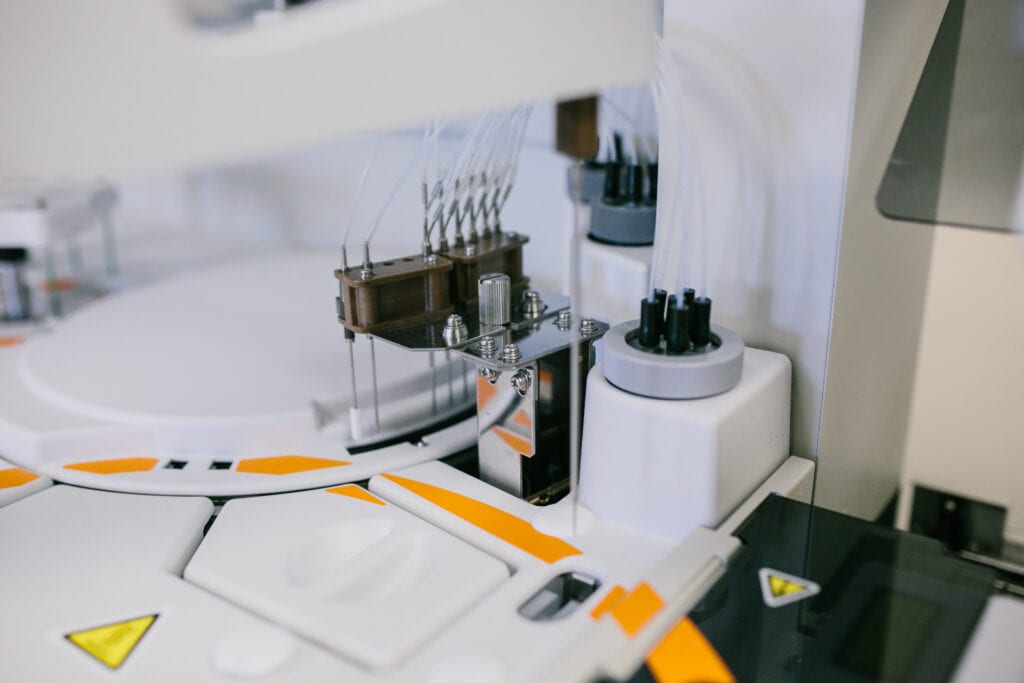Keeping your furry friends healthy helps them thrive. Veterinary testing facilities are crucial for identifying health issues for pets such as cats and dogs.
Here, we’ll break down how pet diagnostic centers work, what tests they offer, and why regular diagnostic testing is important.
Understanding the Role of Veterinary Testing Centers
Veterinary testing facilities help diagnose medical concerns in household pets. They are critical for animal doctors to ensure timely interventions.

The process commonly consists of:
- Sample collection: Key biological materials are collected from the pet.
- Diagnostic tests: Advanced tools interpret the findings.
- Analyzing test results: The lab provides detailed reports to the veterinarian for tailored medical advice.
Common Veterinary Tests for Pets
Animal health services conduct a range of diagnostic procedures to detect potential problems. Frequently conducted exams include:
- Biochemical analyses: Identify infections.
- Kidney function tests: Identify urinary tract infections.
- Parasite screenings: Ensure proper digestion.
- Skin tests: Pinpoint allergic reactions.
- X-rays and ultrasounds: Spot tumors.
genoma laboratório veterinário
The Benefits of Veterinary Diagnostics
Regular health checkups is critical to managing chronic conditions. Timely diagnosis ensures effective care.

Important reasons include:
- Effective treatment plans: Customized solutions for your pet’s needs.
- Reduced worries about pet wellness: Track their wellness.
- Avoiding expensive treatments later: Manage minor issues before they escalate.
laboratório diagnóstico veterinário
Why Veterinary Testing is Essential for Cats and Dogs
Incorporating lab testing for dogs and cats gives them the care they deserve. Animal diagnostic centers offer critical support to keep your pets in top condition.
Talk to your vet about lab testing to keep them happy and thriving!